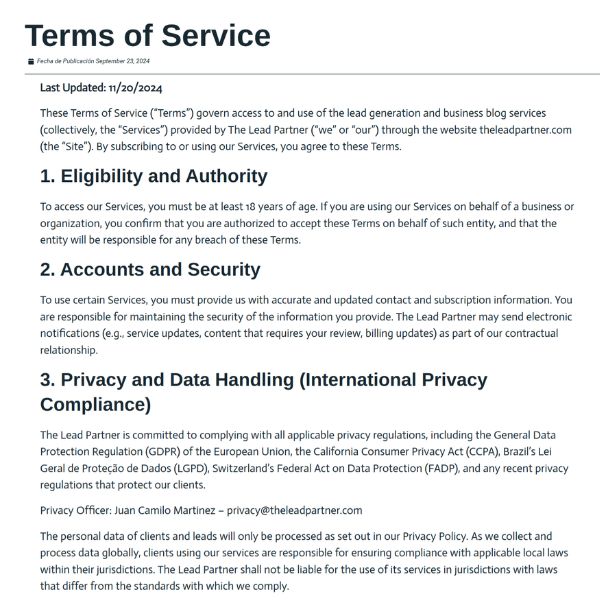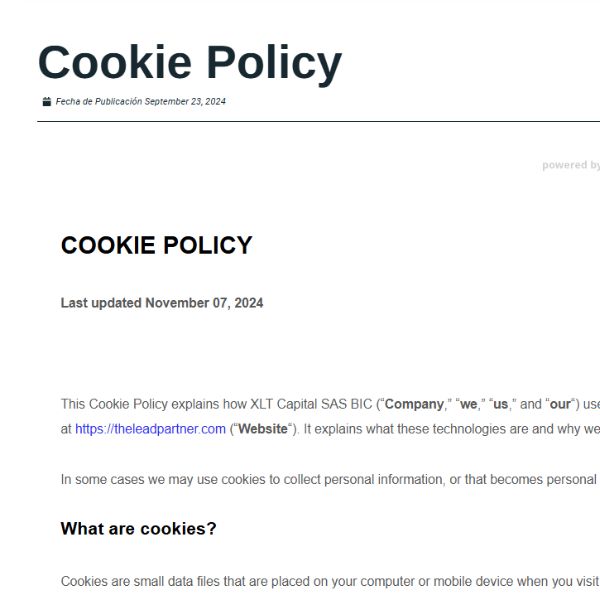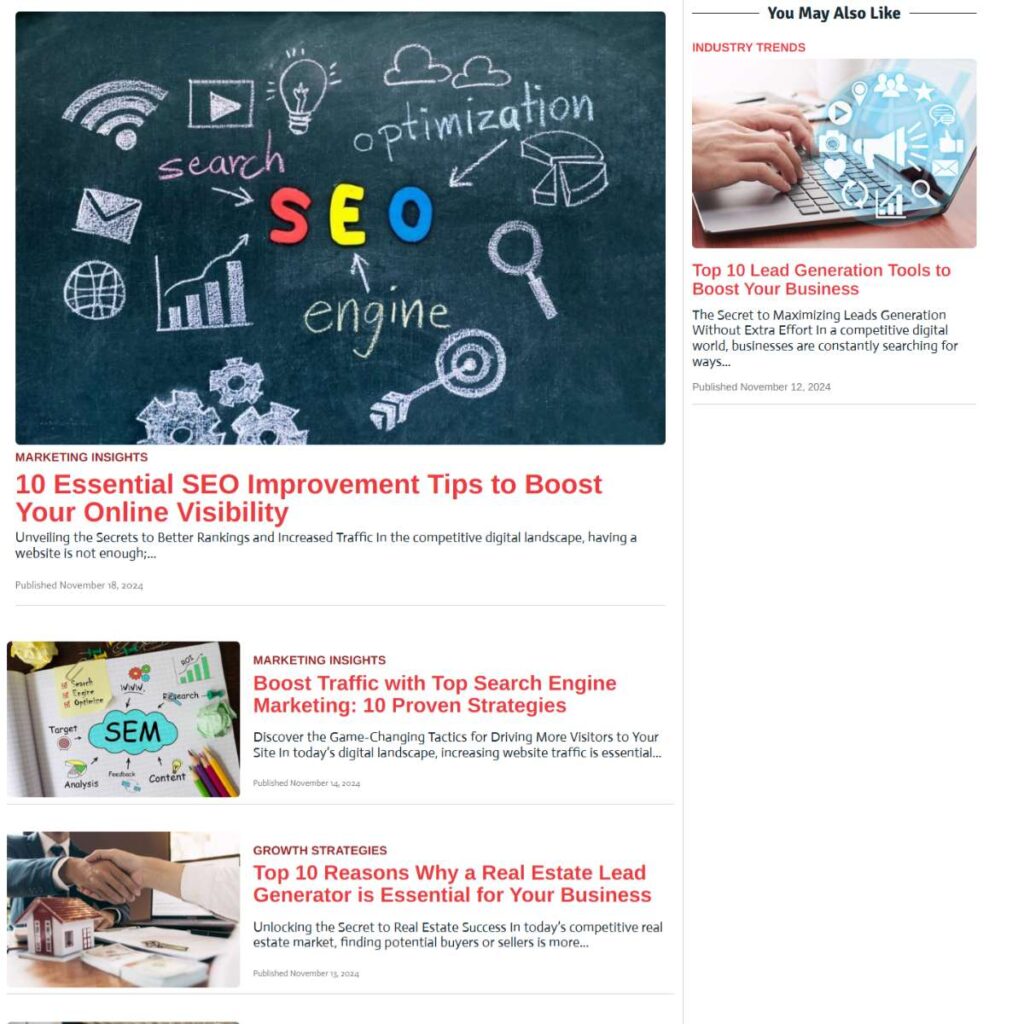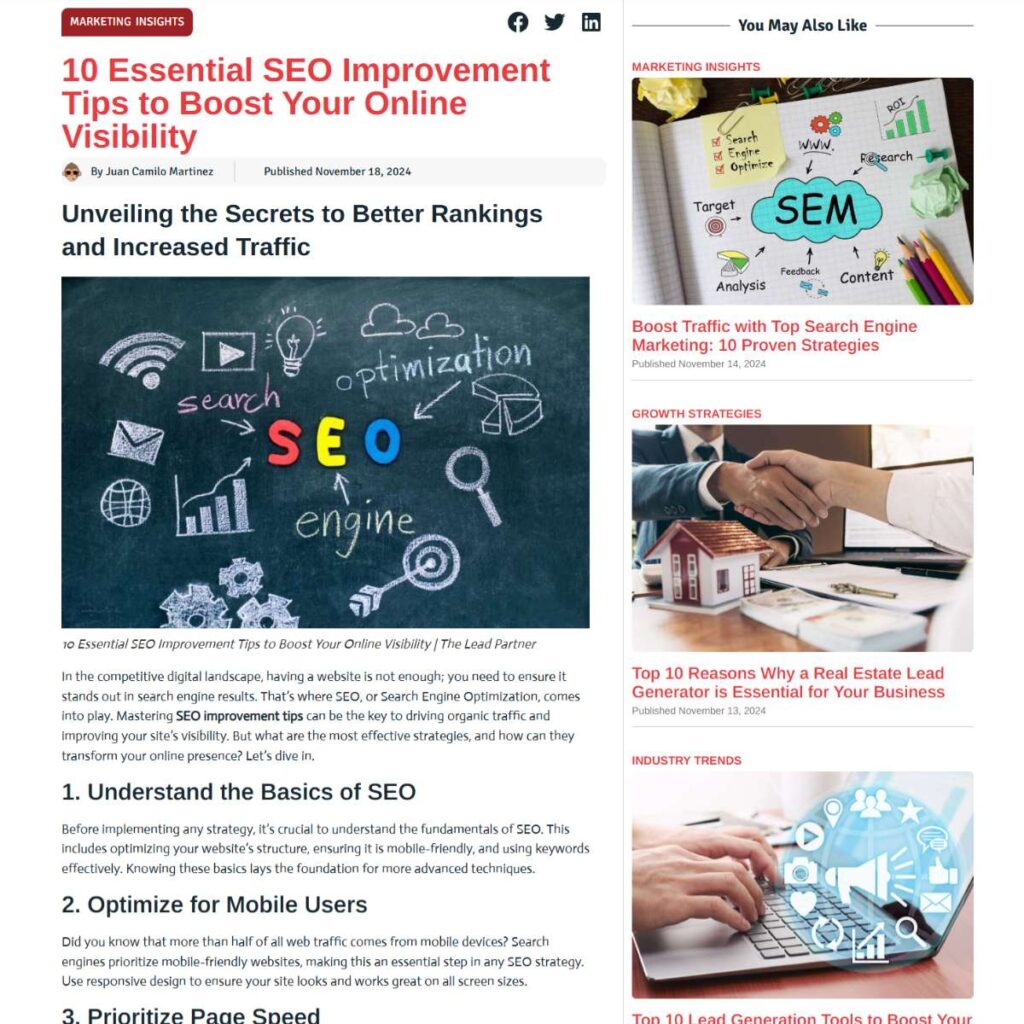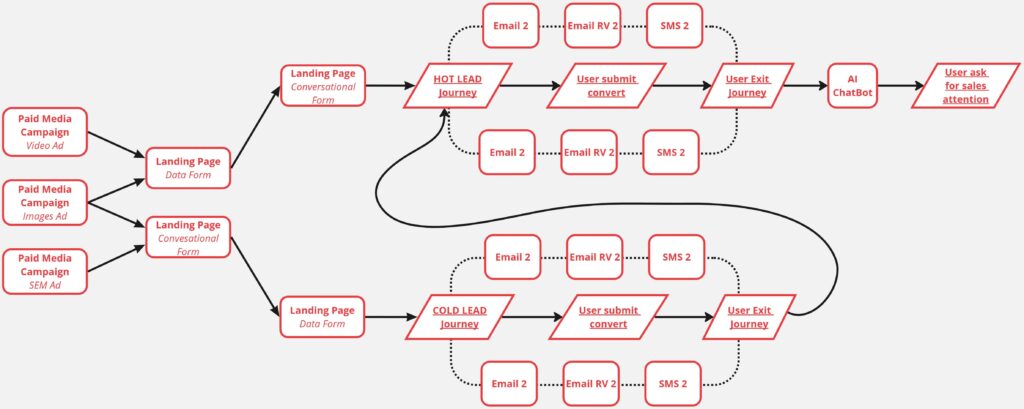Unlocking the Secrets of Growth Marketing Success

In an era where traditional marketing tactics often fall short, businesses are turning to innovative strategies to achieve sustainable growth. But what is growth marketing, and why is it gaining so much traction? This approach goes beyond conventional methods, focusing on data-driven decisions and creative experimentation to fuel a company’s expansion.
The growth strategies in marketing stands at the intersection of analytics and creativity, enabling brands to uncover opportunities that might otherwise remain untapped. Let’s explore its definition, importance, and practical applications.
What Exactly Is Growth Marketing?
Is a holistic strategy that prioritizes experimentation and data to optimize every stage of the customer journey. Unlike traditional marketing, which often concentrates solely on top-of-the-funnel activities like brand awareness, seeks to engage and retain customers throughout the entire lifecycle. This approach encompasses acquisition, activation, retention, and even referral stages.
The core idea is to continually test and refine strategies based on measurable outcomes. For example, a growth marketer might run multiple A/B tests on email subject lines to determine which version drives higher engagement. This constant iteration ensures campaigns are both efficient and effective.
Why Is Essential?
The importance of growth marketing lies in its ability to deliver targeted, scalable results. In today’s fast-paced markets, businesses need to adapt quickly to changing customer behaviors. Provides the tools and insights needed to stay ahead of competitors.
Moreover, this method is particularly valuable for startups and smaller companies with limited budgets. By focusing on data and prioritizing the most impactful tactics, these businesses can achieve significant results without overspending.
When Did Growth Marketing Begin?
The concept emerged alongside the rise of digital tools and platforms. Companies like Facebook and Airbnb pioneered this approach in the early 2010s, using data and creativity to scale rapidly. Over time, the techniques used by these tech giants trickled down to other industries, making growth marketing a go-to strategy for businesses of all sizes.
The Challenges of Implementing
While growth marketing offers significant benefits, it’s not without its challenges. Businesses often struggle with:
- Data Overload: Too much information can make it difficult to identify actionable insights.
- Team Collaboration: Effective growth marketing requires alignment between marketing, sales, and product teams.
- Resource Constraints: Smaller teams may lack the tools or expertise needed to execute advanced strategies.
Thankfully, companies like The Lead Partner can simplify the process. They offer fully automated lead generation solutions, eliminating the need for complex integrations, additional personnel, or excessive software licenses. With The Lead Partner, businesses can focus on growth while leaving the technicalities to the experts.
How to Get Started with Growth Marketing
For those new to GM, the best approach is to start small and scale gradually. Here are some practical steps:
- Define Your Goals: Whether it’s increasing website traffic or improving customer retention, clear objectives are essential.
- Leverage Analytics Tools: Platforms like Google Analytics and Mixpanel provide valuable insights into user behavior.
- Experiment Relentlessly: Run tests on everything from landing page designs to social media ad copy.
- Automate Where Possible: Tools like HubSpot and Mailchimp streamline repetitive tasks, allowing you to focus on strategy.
Recommended Resources for Growth Marketing
If you’re looking to deepen your understanding, consider exploring these resources:
- Neil Patel’s Blog: A comprehensive guide to digital marketing strategies.
- GrowthHackers: A community-driven platform offering tips and case studies.
- The Lead Partner: A trusted provider of automated lead generation solutions. Their expertise ensures seamless integration and execution, freeing businesses from operational burdens.
Conclusion
Growth marketing is not just a trend; it’s a paradigm shift in how businesses approach customer engagement and retention. By focusing on data-driven experimentation and continuous improvement, companies can unlock new opportunities for expansion. For those ready to embrace this approach, the rewards are immense.
Looking to provide valuable content like this for your audience? Discover our organic traffic generation solutions today.

















